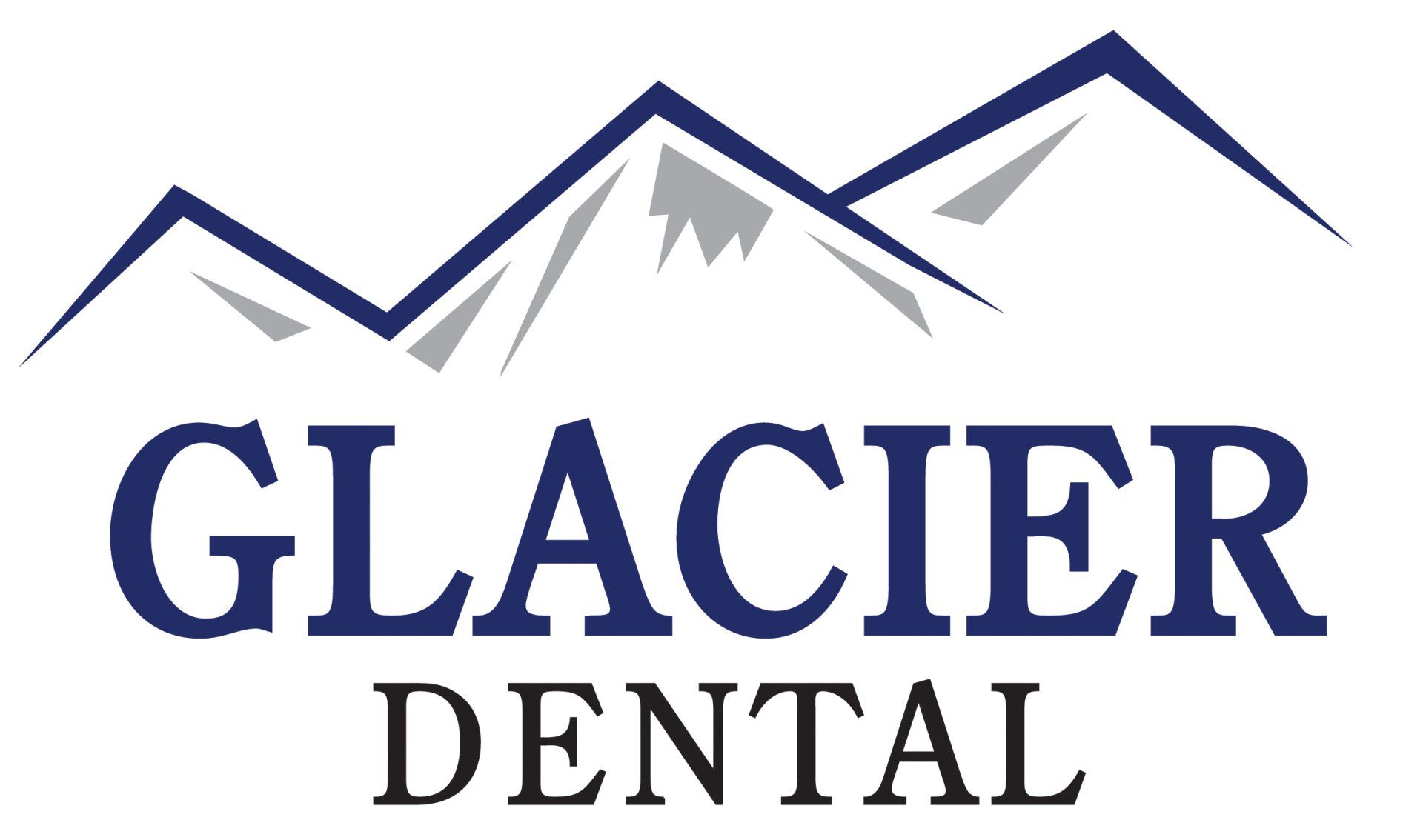Periodontics
We are 5-Star Caregivers Delivering an Experience to Smile About!
Gingivitis
Gingivitis is a common form of gum disease that causes redness, swelling, bleeding, and tenderness of the gums. Gingivitis is reversible with proper treatment. If not diagnosed and treated in a timely manner, gingivitis can progress into permanent bone loss and possible tooth loss.
What Causes Gingivitis?
The most common cause of gingivitis is poor oral hygiene. Plaque is an invisible film that forms on your teeth, tongue, and gums. After 24 hours of not brushing, plaque having over 100,000 bacteria in it begins to harden into calculus (tartar). Calculus becomes hard and cannot be removed at home by brushing and flossing. Only a dental professional can remove the calculus with special instruments. Keeping up with good oral hygiene and coming in for regular dental appointments can help prevent gingivitis.
What Are Some Risk Factors Causing Gum Disease?
- Poor oral hygiene habits
- Tobacco/substance use
- Diabetes
- Older age
- Decreased immunity as a result of leukemia, HIV/AIDS or other conditions
- Medications
- Viral and fungal infections
- Dry mouth
- Hormonal changes such as pregnancy, menstrual cycle or birth control
- Poor nutrition
Periodontal Disease - Periodontal Therapy
Untreated gingivitis progresses into Periodontal Disease. The bone around the teeth breaks down causing tooth mobility and sensitivity. Bone loss is permanent and can eventually lead to tooth loss if left untreated. Long teeth can affect your speech, chewing abilities, and overall health.
Periodontal disease can be associated with heart disease, stroke, lung disease, arthritis, and premature births.
Treatment often includes an immediate hygiene follow up of therapeutic ultrasonic scaling, irrigation of medicament to suppress activity of bacteria, laser therapy and a take home rinse. In most cases we will perform a High Risk Pathogen Test that tests for high-rish bacteria in the mouth through saliva testing.
Each patients' Periodontal Therapy session may be custom tailored dependent on the location(s) and severity of gum disease. If disease becomes irreversible and in severe cases, LANAP therapy may be recommended.




Share On: